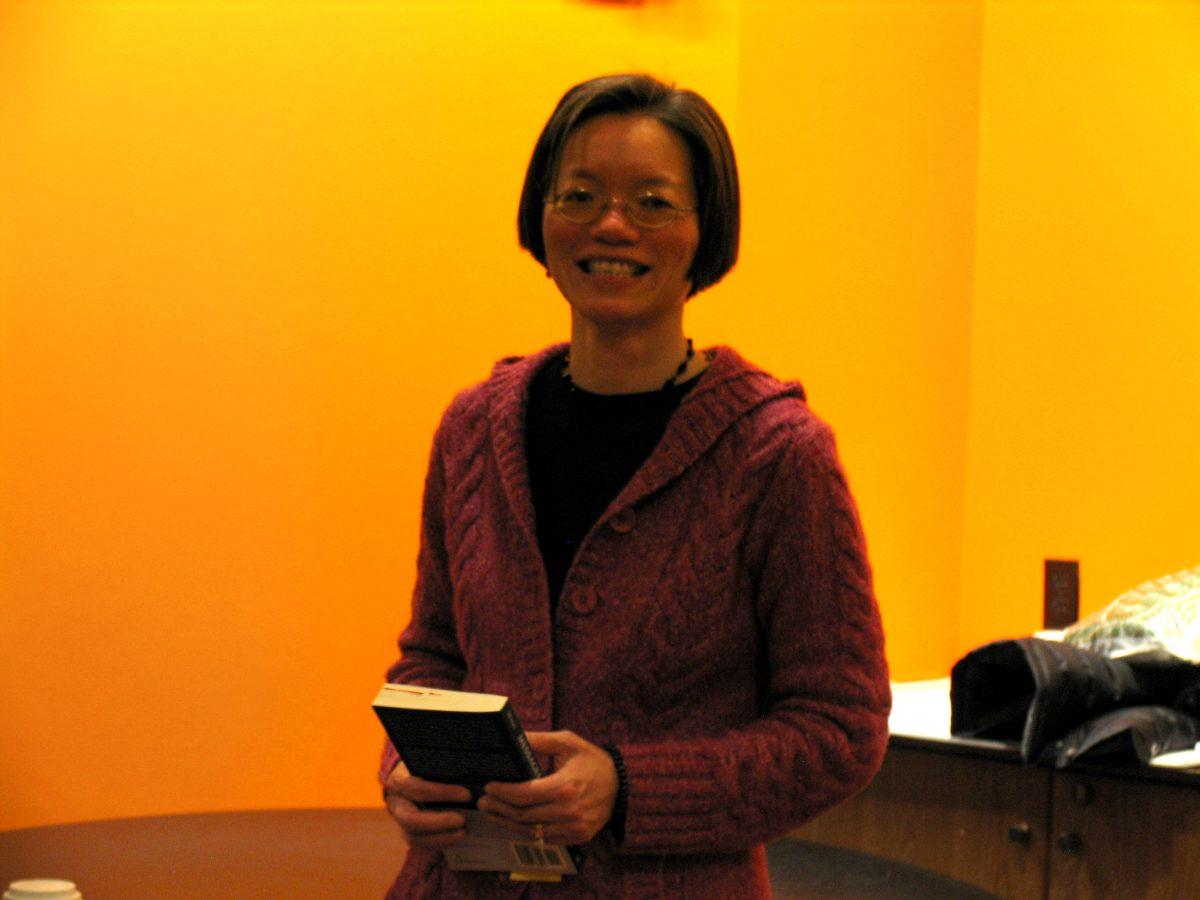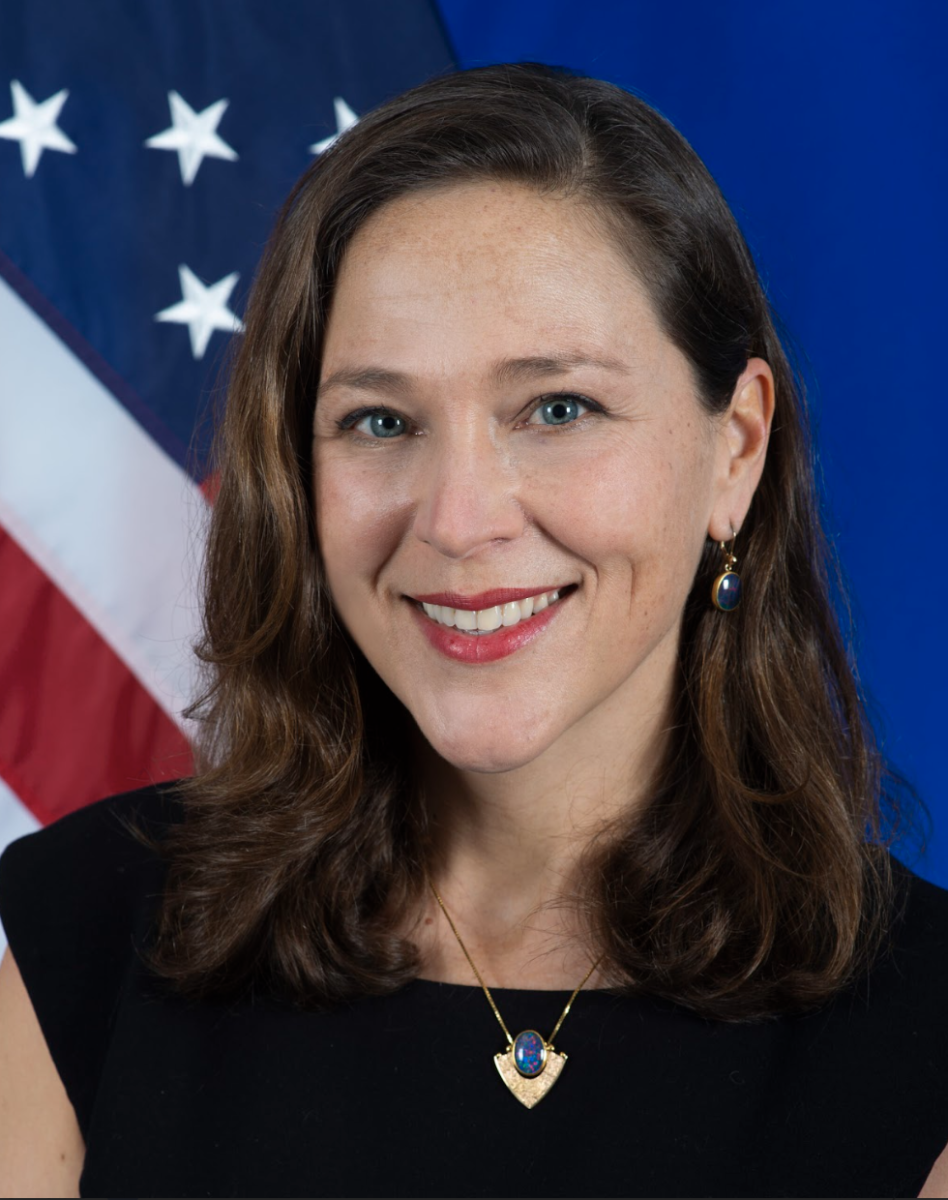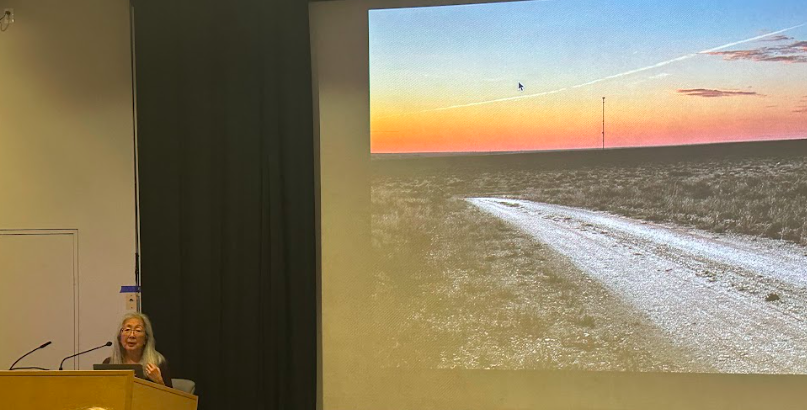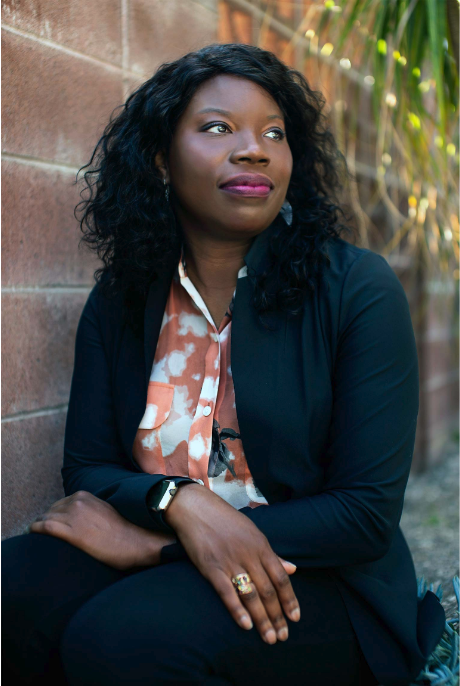In her book, “MESSAGES from the Black Recliner: A Memoir of Healing Body and Spirit,” Sue Wang ’88 describes her rough-and-tumble life journey dealing with trauma and an oppressive childhood. As a child, she was always taught to appear perfect and remembers feeling the pressure to “achieve and look a certain way on the exterior when inside it’s like a house of cards crumbling,” she said.
Born and raised in Taiwan, Wang moved to the U.S. when she was 13 years old, facing cultural and language barriers during this transition.
“I came when I was 13 years old, not knowing much English, so that was a struggle,” Wang recounted. “My parents struggled with the finances.”
Because her mom knew a doctor who sent his daughter to Wellesley College, Wang applied as well and planned to follow the pre-med track. At Wellesley, Wang soon found herself receiving C’s and D’s in chemistry and questioned her plan to enter the medical field. After re-evaluating her path, Wang majored in cognitive sciences, with a concentration in psychology, and minored in economics.
“The mission of Wellesley College — I’m still really near and dear to [it],” Wang said. “I feel that having the Wellesley education really does prepare you to represent and advocate for yourself as a woman in a still power-imbalanced society. A women’s college education, especially for someone like me who grew up in a pretty authoritarian, patriarchal upbringing … it was really empowering for me.”
After graduating, Wang worked as a career counselor at Wellesley’s Center for Work and Service (CWS) and as an advisor to students of Asian descent. During her time in that position, she worked with other Asian American faculty members to found the Wellesley Asian Alliance (WAA).
Wang envisioned WAA to allow people of Asian descent “to come together and show solidarity, and to [advocate] for students and also staff and faculty,” she explained.
She continued her studies at the Harvard Graduate School of Education, where she concentrated in education administration. As an educator with a love for working with students, she went on to work at Babson College for a few years running an internship program for the students until she found that her heart was still at the liberal arts education at Wellesley.
Wang became the associate director at Wellesley’s CWS when her life took an unexpected turn. Wang lost a newborn child and, though the experience was traumatic, she found herself learning to cope rather than to heal. She later gave birth to a second son and, when he was three years old, left work to be a full-time mother. After two years she returned to work at the Wellesley Centers for Women to do research.
Two years later, Wang suddenly found herself severely ill without a proper diagnosis for three months. She was nervous and stressed as her doctors conducted tests to look for brain tumors in her head, before she discovered her illness to be multiple chemical sensitivity (MCS). She rearranged several aspects of her life: throwing out plastic bags, buying a new stove and avoiding any contact with chemicals and went through several forms of treatment, including holistic healing and vitamin C I.V. before she found that only looking externally was not enough to heal her. She needed to start looking internally for solutions.
Wang, with the help of a hypnotherapist, slowly came to unravel her traumatic experiences and childhood.
“Things started to come out. Childhood experiences, some of which were pretty traumatic, came out,” she remembered.
When thinking of her upbringing, she was raised with a maxim: “make no mistakes, so you don’t get punished or humiliated,” causing her to juggle both perfectionism and trauma as she grew up. Through counseling, she learned how to relax and connect with her body, before she started to heal.
“The answer is often within,” Wang explained.
Today, Wang works as a Reiki master and an energy psychology practitioner, channeling energy to help people relax. In an era when people are so frequently exposed to technology, Wang finds that people live more in their minds and are less connected with their bodies. She looks at the mind-body connection and teaches people to look within and understand what their bodies are saying.
The journey of getting sick and understanding the effects of trauma on wellness also prompted her to write a book. Although it took a life-changing illness before Wang considered the effects of trauma, she hopes other people don’t repeat the same experiences.
“People don’t have to get really sick to make changes,” Wang contemplated. She wrote her story of healing to help others understand trauma and the importance of mental health and wellness.
“B.I.B,” she reminds people. “Be in body!”









